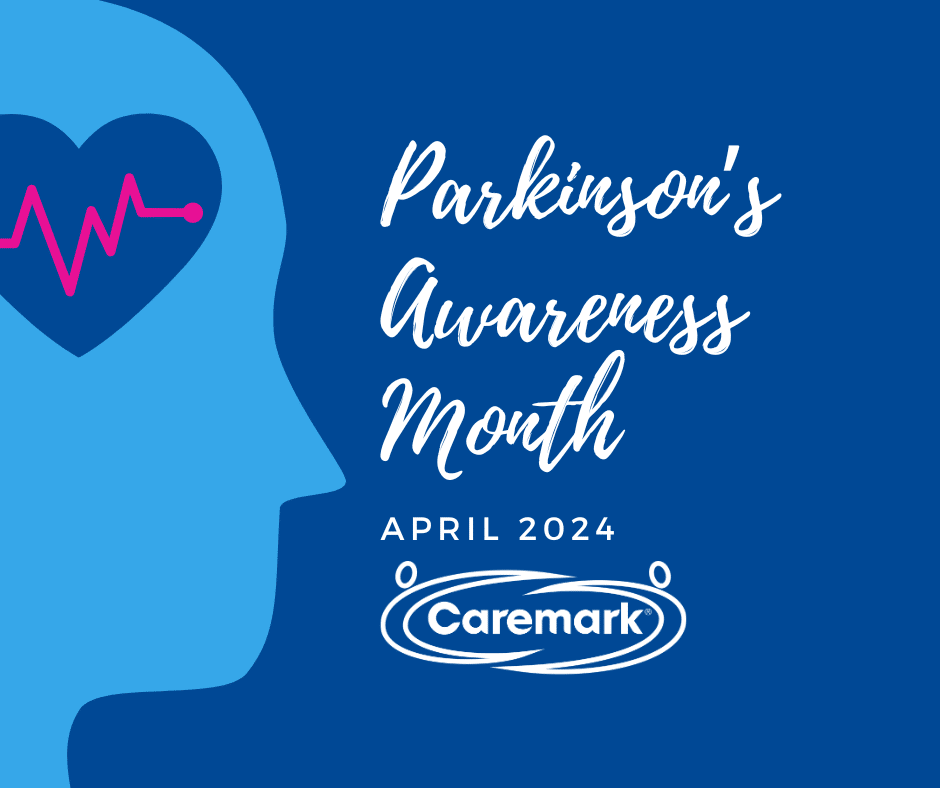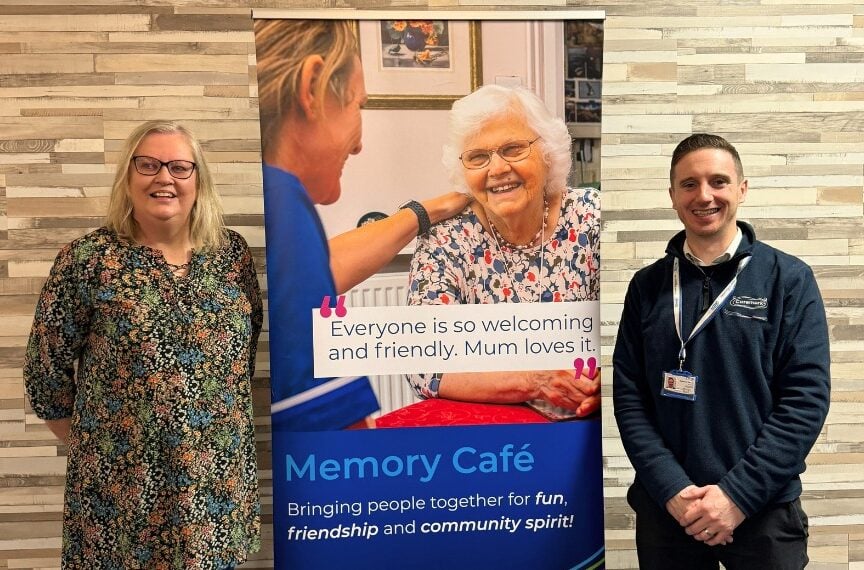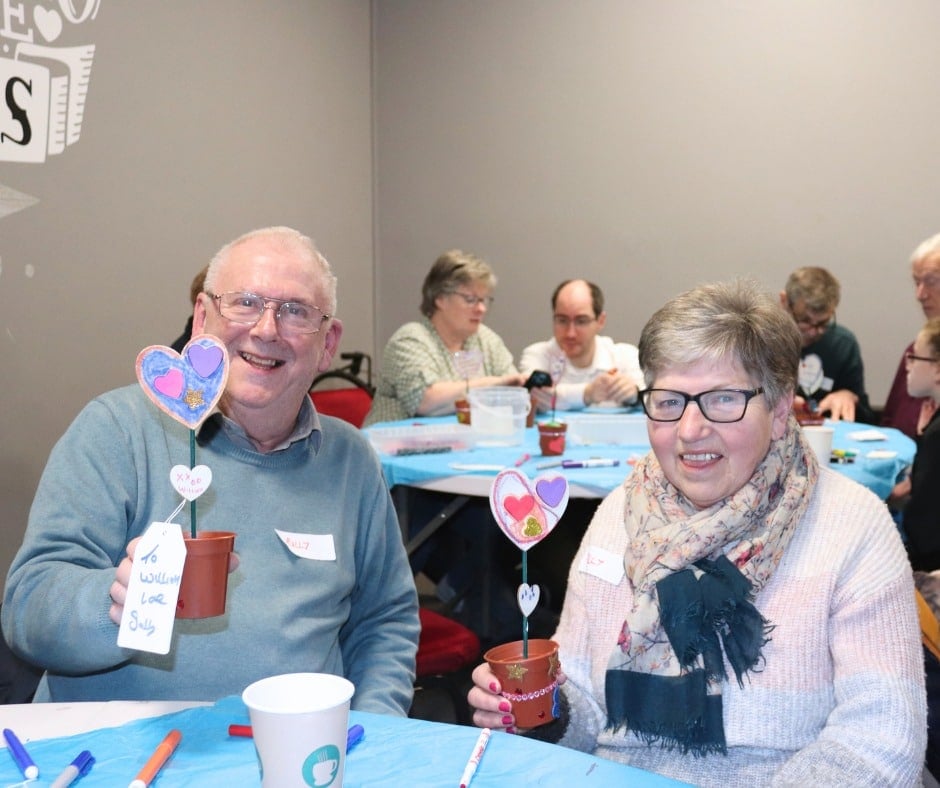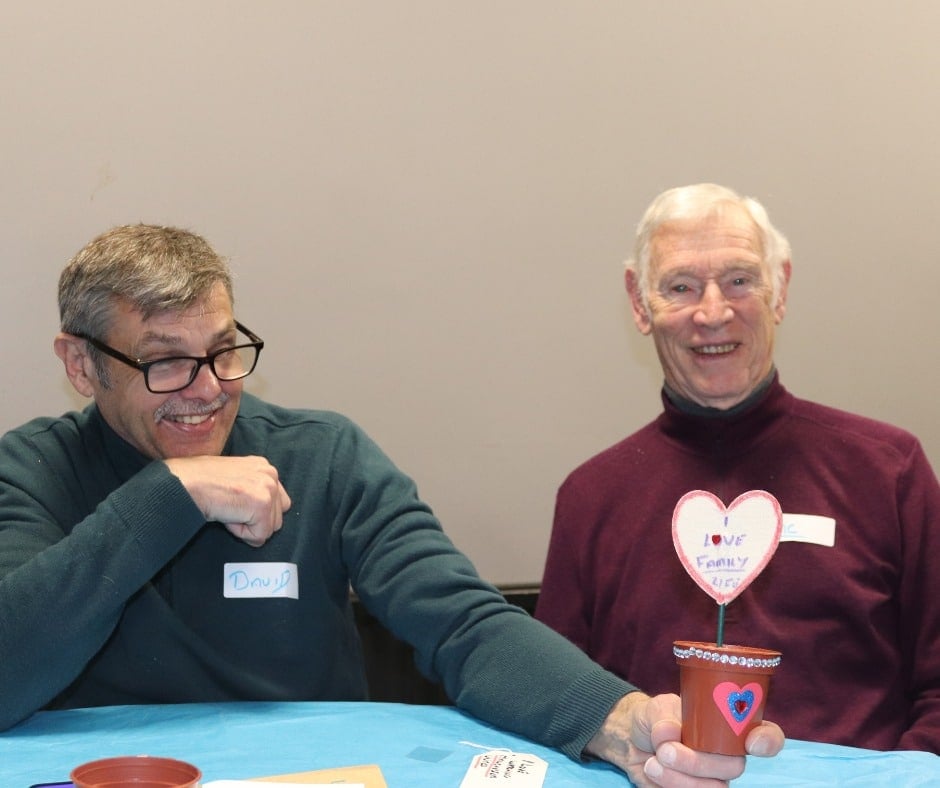Parkinson’s Awareness Month

April is Parkinson’s Awareness Month!
What is Parkinson’s?
Parkinson’s is the fastest growing neurological condition in the world, with around 153,000 people in the UK living with the condition at present. Parkinson’s is a progressive condition, meaning that it gets worse over time.
Parkinson’s is caused by people no longer having enough of the chemical dopamine due to the death of dopamine-producing nerve cells. As dopamine levels decrease, symptoms start to develop, it may be months or even years before symptoms become severe enough for people to see a doctor.
Parkinson’s Symptoms & Stages
There are over 40 symptoms of Parkinson’s, some are more common than others and everyone’s experience of the condition is different. As it is a progressive condition, Parkinson’s is divided into four stages; early stage, maintenance stage, advanced stage and palliative stage.
Early stage Parkinson’s refers to the time when someone has just started to experience symptoms that lead to diagnosis. This stage includes a person’s journey in coming to terms with their diagnosis.
Common early stage symptoms include:
- Tremors
- Muscle stiffness & cramps
- Slowness of movement
- Anxiety
Maintenance stage Parkinson’s refers to the time when a person’s symptoms are controlled, often by medication. There is also practical support available for anxiety or any worries caused by a person’s diagnosis.
Advanced stage Parkinson’s refers to a time when the progression of the condition has led to more complex symptoms that have a significant effect on a person’s day-to-day life. People who reach this stage may find that they are unable to complete tasks such as washing, dressing or preparing meals without support from others. At this stage, people may also find that Parkinson’s drugs are less effective, or that the side effects are outweighing the benefits.
As well as the worsening of symptoms, people may also develop new symptoms such as:
- Memory problems
- Hallucinations
- Depression
Palliative stage Parkinson’s refers to the time in which the person is progressing towards the end of their life. During this time, a focus is put on ensuring the person is comfortable and that symptoms such as anxiety, pain and discomfort are controlled as much as possible. It is important that people are given the opportunity to prepare for this stage to ensure that care providers and loved ones can follow the wishes of the person, treating them with dignity and respect.
Parkinson’s Treatment
Medications
There are many different drugs used to manage the symptoms of Parkinson’s, and research is continually being done into new treatments. As Parkinson’s is caused by the brain losing the ability to produce enough dopamine, the drugs offered are designed to counteract this.
They usually do one or more of the following:
- Act as a dopamine substitute
- Increase dopamine levels in the brain
- Block the action of enzymes that break down dopamine
People who have Parkinson’s are closely monitored by healthcare professionals and their medications and dosages will be adjusted to ensure symptoms and side effects are controlled as well as possible for as long as possible.
Therapies
Therapists can help people maintain their independence and remain active by helping to control Parkinson’s symptoms.
Types of therapy available include:
- Physiotherapy to help with movement problems
- Speech and language therapy to support with speech, swallowing and writing
- Occupational therapy to help with everyday tasks
These therapies are often used alongside medications to control Parkinson’s symptoms and improve a person’s quality of life.
Memory Café
In 2021 Caremark NI the first Health and Social Care provider in the UK to launch our Memory Café. Participants have the opportunity to do a wide range of activities from arts and crafts to musical sing-a-longs. We have held tea parties and themed days. We have also enjoyed fun filled day trips out to local places like Eden Pottery and took part in community art projects with local schools.
The Memory Café is a free service, and is for anyone who has a medical diagnosis of Alzheimer’s, Dementia, or other diagnosed cognitive impairments such as Parkinson’s, MS, Stroke or brain injury. We would ask that when attending if clients/service users/customers could please be accompanied by a family member or carer.
If the Memory Café is something you or a loved one would like to attend, please contact our Wellbeing Manager, Christopher at our Head Office on 02891467004 or alternatively email christopher.downes@caremark.co.uk



Further Information
If you are experiencing symptoms that you think may be Parkinson’s, it is important to see your GP as soon as possible so that treatment can commence.